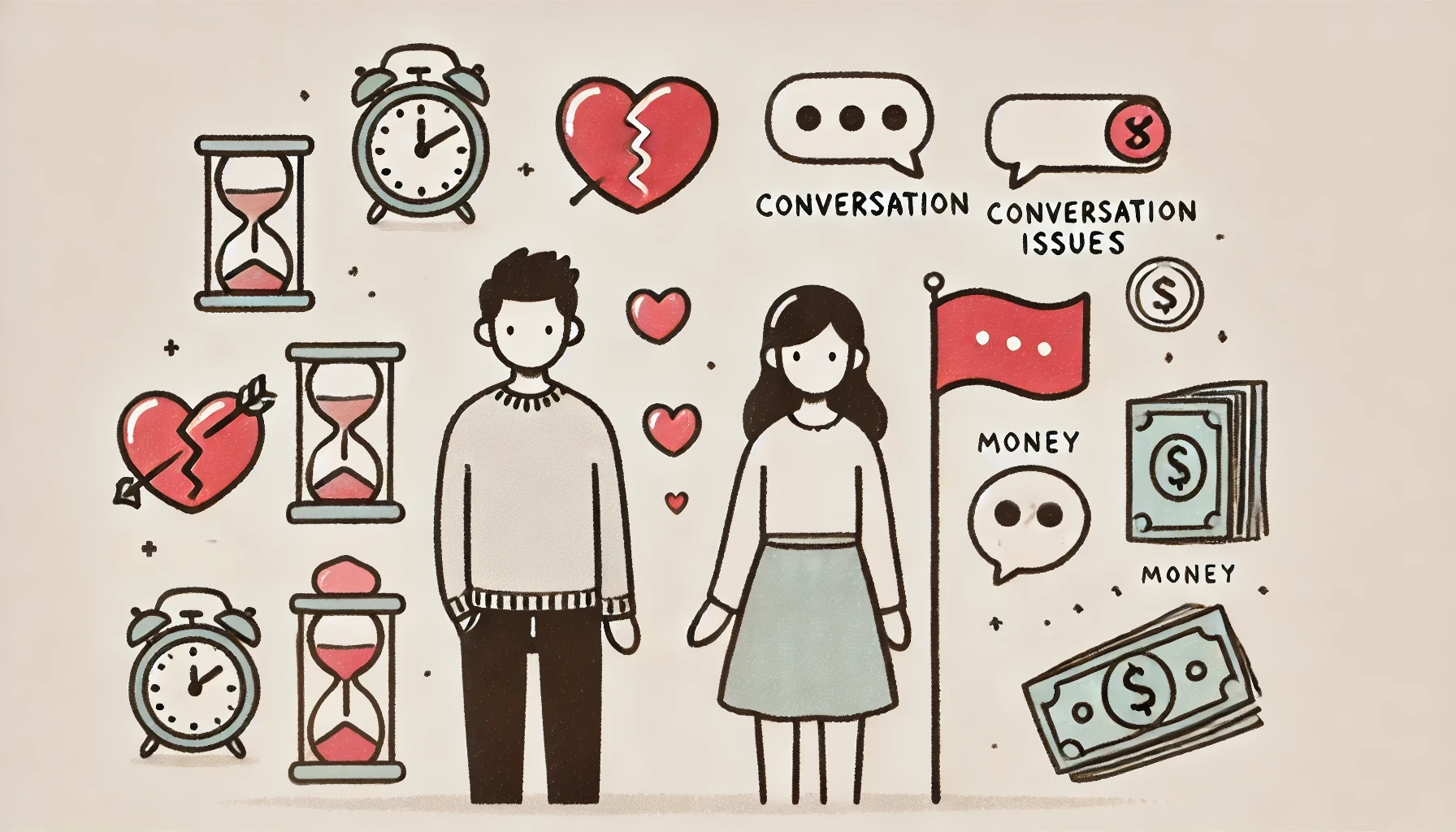A “Yes Man” in a relationship is someone who always agrees with their partner, even when they have different thoughts or feelings.
They avoid conflict, prioritize their partner’s happiness above their own, and struggle to express their true opinions. While this behavior may seem supportive, it often creates an unhealthy dynamic.
A successful relationship needs honesty, balance, and mutual respect. Suppressing personal needs and avoiding difficult conversations can cause resentment, emotional exhaustion, and a loss of individuality.
Understanding the dangers of being a Yes Man can help create a stronger, healthier partnership.
Signs of a Yes Man
Always Agrees, Never Challenges
A Yes Man says yes to everything, even when they disagree. They avoid voicing their true thoughts and opinions out of fear of upsetting their partner.
This can prevent real communication and lead to misunderstandings. Over time, constantly agreeing can create emotional strain and make them feel unheard.
Puts Partner’s Needs First
They prioritize their partner’s happiness at the expense of their own. They may cancel plans, abandon personal interests, or change their beliefs just to maintain peace.
Over time, they may feel disconnected from their true self. Ignoring personal needs and sacrificing individuality can lead to emotional emptiness and a sense of losing one’s identity.
Fears Disapproval
A Yes Man constantly worries about upsetting their partner. They suppress their opinions to avoid conflict.
This creates an imbalanced relationship where one person’s needs dominate. Over time, they may feel pressured to act a certain way, leading to emotional exhaustion and frustration.
Avoids Difficult Conversations
They steer clear of discussing issues, even when problems arise. Rather than address concerns, they pretend everything is fine.
This avoidance leads to built-up resentment and unresolved issues. Unspoken problems can grow over time, making the relationship tense and difficult to sustain.
Do I Want A Relationship Or Am I Just Lonely?
Lacks a Strong Sense of Self
A Yes Man changes their personality, opinions, and choices to fit their partner’s expectations. They struggle to make independent decisions and rely on their relationship for validation and self-worth.
This reliance can make them feel trapped, unsure of who they are outside the relationship, and hesitant to pursue personal dreams or ambitions.
Why Being a Yes Man Is a Problem
Lack of Honesty
A relationship requires truth to thrive. When one partner hides their true feelings, it leads to misunderstandings and frustration.
Over time, the dishonesty can erode trust and weaken emotional intimacy, making meaningful connection difficult.
Emotional Exhaustion
Constantly suppressing emotions and prioritizing another person’s needs can lead to stress, burnout, and unhappiness.
Emotional strain builds up, leading to resentment, frustration, and a diminished sense of self-worth.
Unbalanced Relationship
A relationship should be built on equal partnership. When one person always agrees and follows, the relationship becomes one-sided, preventing true connection and mutual respect.
This imbalance can lead to emotional dissatisfaction and a lack of fulfillment for both partners.
Risk of Being Taken for Granted
When someone never expresses their needs or stands up for themselves, their partner may stop valuing their input. This can lead to feeling unappreciated and overlooked.
Over time, the relationship may feel transactional rather than built on genuine care and respect.
Stunted Personal Growth
A Yes Man loses sight of their own goals and aspirations. They become dependent on their partner’s approval, which can prevent them from growing as an individual.
Personal development stalls, making it harder to build confidence, take risks, or pursue meaningful life experiences outside of the relationship.
How to Stop Being a Yes Man
Speak Honestly
Express thoughts and feelings openly. Honest communication builds trust and strengthens relationships. Practicing self-expression and being truthful about feelings can lead to deeper emotional connections.
Set Boundaries
Learn to say no when necessary. A healthy relationship respects both partners’ needs and personal space. Setting clear boundaries ensures both individuals feel respected and valued.
Build Confidence
Engage in activities that reinforce self-worth. Developing personal interests, hobbies, and friendships outside the relationship helps maintain independence.
Taking time for self-improvement and self-care can lead to greater self-esteem and a stronger sense of identity.
Encourage Open Communication
Have regular, meaningful conversations. Discuss feelings, concerns, and expectations to ensure both partners feel heard and valued.
Engaging in deep discussions fosters understanding and creates a strong foundation for a lasting relationship.
Develop Emotional Independence
A strong relationship should not be the only source of happiness. Finding joy in personal achievements, friendships, and self-care creates emotional balance.
Exploring passions, setting personal goals, and finding happiness outside the relationship contribute to long-term emotional well-being.
Seek Support
Talk to trusted friends, family, or a therapist. Outside perspectives can offer guidance and help build self-awareness.
Seeking professional help or engaging in self-reflection exercises can provide clarity and encouragement for personal growth.
Final Thoughts
Being a Yes Man can weaken relationships and lead to dissatisfaction. A strong relationship thrives on honesty, balance, and mutual respect.
Speaking up, setting boundaries, and maintaining individuality are essential for a healthy partnership. A relationship should be a space where both partners feel valued, heard, and appreciated.
Prioritizing open communication and self-respect creates a deeper, more fulfilling connection for both individuals.






